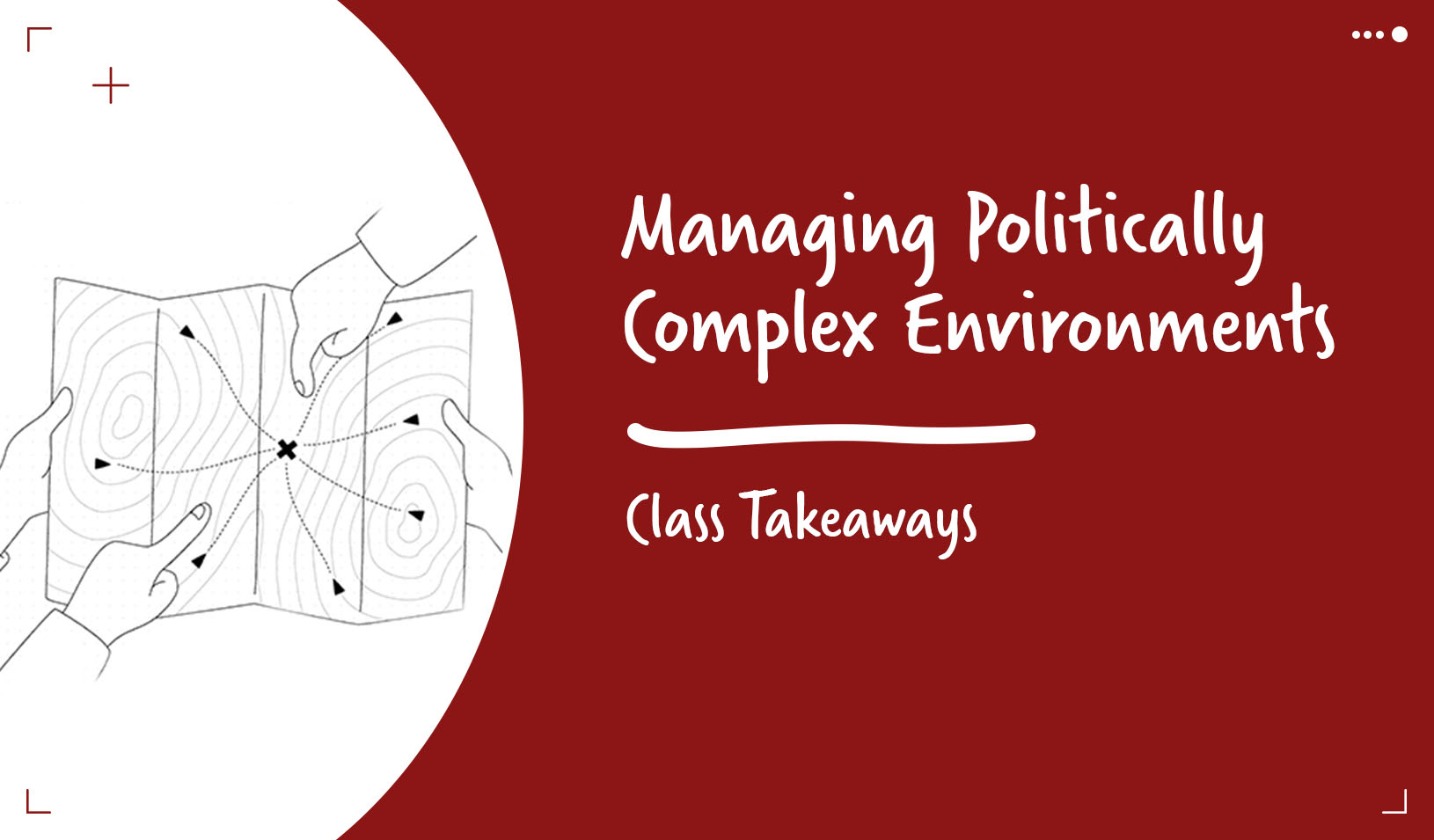Developing a cohesive corporate culture that trains leaders from the ground up and rewards strong performers based on merit is an important ingredient in financial success said Carlos Brito, chief executive officer of the Belgium-based company InBev, the world’s second-largest brewer.
While some businesses prefer to hire mid-career employees who have cut their teeth elsewhere, InBev seeks out recent graduates and molds them into leaders embracing InBev’s hard-driving, no-frills, results-focused culture, Brito said during a February 13 speech in the joint “View From The Top” and Global speaker series. “Leaders can be formed, they can be trained, they can enhance their skills,” said Brazilian-born Brito, who received an MBA from the Business School in 1989. He was appointed CEO of InBev in 2005, a year after the company was formed through the merger of Brito’s Brazilian company AmBev with Belgian beer maker Interbrew. As part of InBev’s austere corporate culture, InBev managers don’t get the usual perks. “We say the leaner the business, the more money we will have at the end of the year to share,” said Brito. Other than a “very aggressive” compensation system, there are few of the usual trappings of corporate largess. InBev executives don’t get company cars, and certainly don’t receive free beer. The shortage of perks, he admits, is “why it’s relatively tough to hire people.”
“We don’t have corporate jets. I don’t have an office. I share my table with my vice presidents. I sit with my marketing guy to my left, my sales guy to my right, my finance guy in front of me,” the better to hold a steady stream of impromptu meetings, Brito said. High achievers thrive in the no-holds-barred atmosphere. “They like to be where the action is. They like to be exposed,” Brito explained. “Most talented people want to be connected with winning teams.” InBev has the highest margin in the industry, and “that puts a lot of pressure on you,” said Brito. “Just because I sold X number of cases yesterday has nothing to do with how many cases I am going to sell today.” With offices in Latin America, Europe, Asia, and Canada, InBev produces more than 200 brands of beer, including Beck’s, Labatt Blue, and Stellas Artois. The second-largest brewer in the world, InBev reported annual sales of about $19.56 billion last year (13.3 billion Euros) and is also the biggest bottler of Pepsi outside of the United States. To attract and retain the best workers, Brito said, the brewer rewards its highest achievers, not necessarily those with longevity. “We have 85,000 people, but 250 are really the ones who make a difference. Those people are managed in a different way, because we want to make sure they are excited and are not going to leave the company.” “It’s hard to find people who like this — a more risk-reward type of environment,” said Brito. “People like stable environments.” Inspiring people has driven the company’s culture and financial results, Brito says. “I was asked: How do you build a high-performance culture? We learned that you have a dream, that you announce it to the organization, and that it is powerful enough that you inspire people, motivate them, and give them a sense of purpose. That’s key.”
MBA students, in cooperation with the school’s Center for Leadership Development and Research, organize The “View From The Top” speakers series. Brito’s speech was also sponsored by the school’s Global Management Program as part of its Global Speaker’s Series.
For media inquiries, visit the Newsroom.






